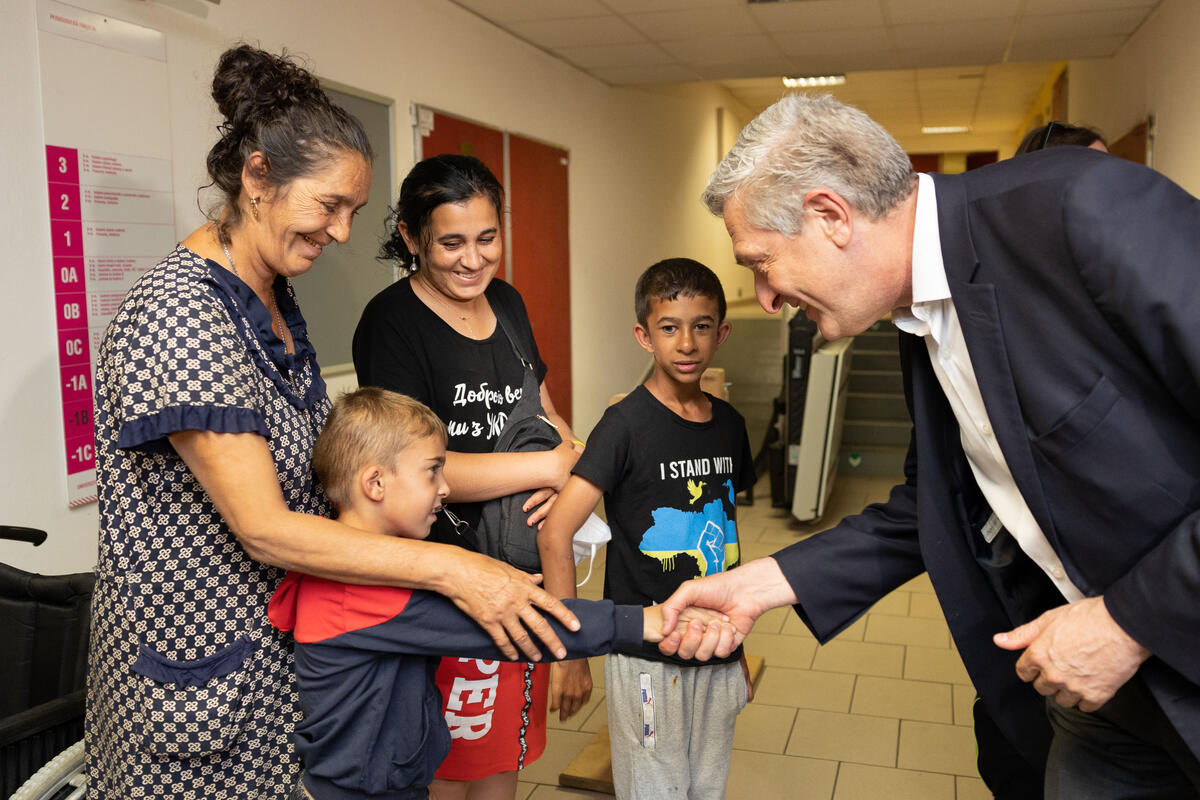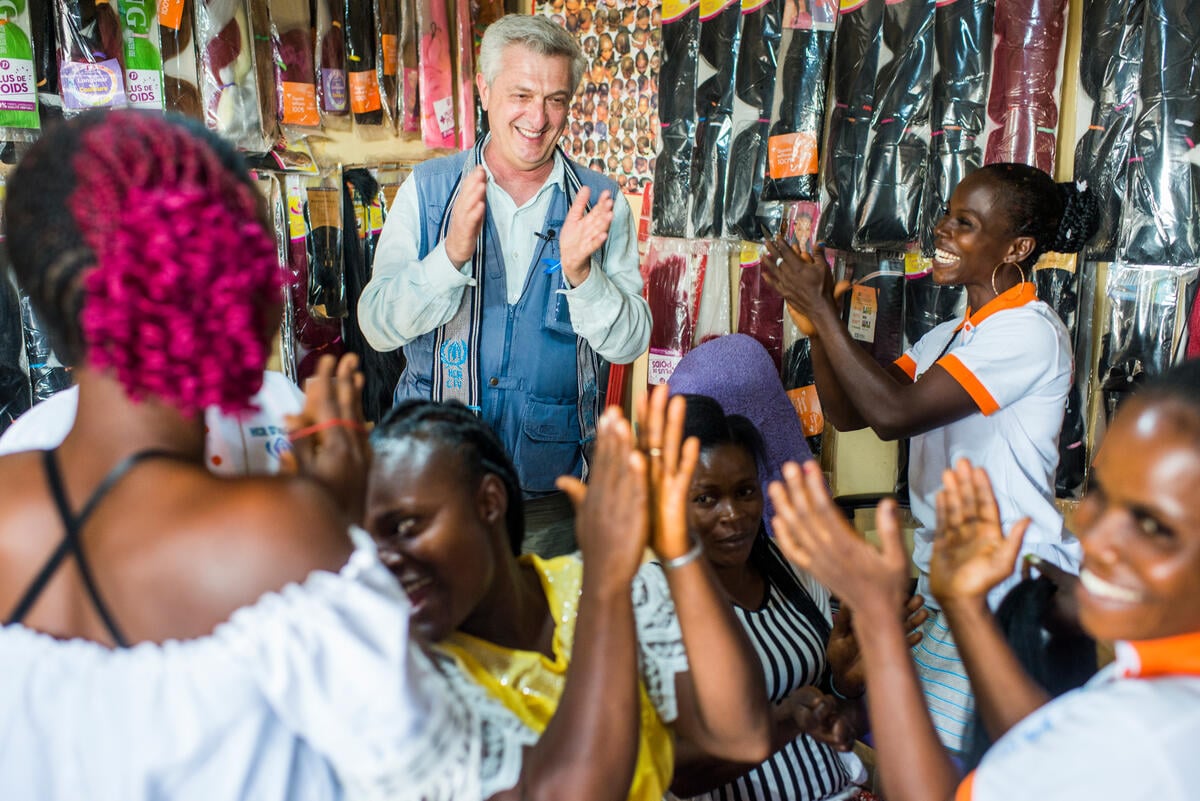UNHCR expresses condolences over tragic death of asylum-seeker in Libya, urges more action against criminal smuggling and trafficking
UNHCR expresses condolences over tragic death of asylum-seeker in Libya, urges more action against criminal smuggling and trafficking
UNHCR, the UN Refugee Agency, expresses its deepest condolences over the tragic death of a young Eritrean asylum-seeker in Tripoli this week and calls for renewed action against smugglers and traffickers who continue to inflict unimaginable suffering to refugees, asylum seekers and migrants in Libya.
The man had arrived on 20 July at UNHCR’s Community Day Centre in Tripoli seeking medical assistance, along with another Eritrean male. Both appeared to be severely malnourished. One was identified as being in need of urgent medical care and an ambulance was called. Regrettably, the individual passed away before it was possible to transport him to the hospital. Efforts to resuscitate him were unsuccessful.
UNHCR arranged shelter for his companion through community members. He was later provided with registration and other assistance.
Both men had previously been held by traffickers at Bani Walid, a town in north-western Libya. It has been well-documented over recent years that criminal smuggling and trafficking groups operate in Libya, causing immense suffering and misery.
Since June, more than one hundred individuals have arrived in Tripoli from trafficking centres in Bani Walid. They are often in very poor physical condition and in dire need of assistance. UNHCR, sister agencies and partners have provided medical care and support for basic needs to these victims. However, many are traumatised and require specialised medical care and psychosocial support that, in the current context, is difficult to provide in Libya.
UNHCR welcomes recent steps taken by the Libyan authorities against armed groups and traffickers, including raiding a smuggling ring and freezing the assets of various traffickers. We call on the international community to provide more support to the authorities in their fight against human trafficking networks. UNHCR remains concerned for the hundreds of people who are thought to remain in harrowing conditions in smuggling and trafficking camps in Mizdah, Bani Walid and elsewhere.
UNHCR notes that, in addition to persons held in trafficking camps, more than two thousand refugees and migrants are detained in official detention centres without judicial review. UNHCR stands ready to support the Libyan authorities in identifying and implementing alternatives to detention in Libya and ending arbitrary detention of refugees and asylum-seekers.
UNHCR looks forward to the reopening of international travel routes that will allow us to renew resettlement and evacuation for those in greatest need, and voluntary humanitarian return for those who desire to return to their homes.








